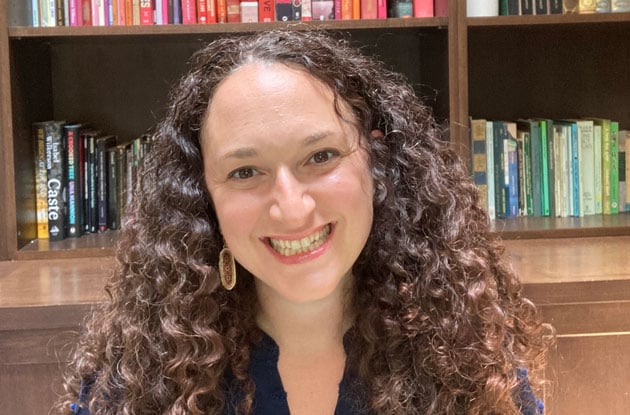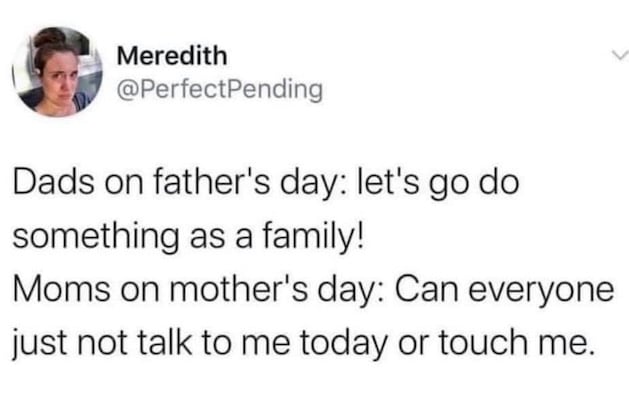Get the Best Family Activities
A Matter of Perception
Now, those reasons that I no longer use autism to justify my son to strangers (some of them may be clear by this point):
First, my son is old enough now that he needs to start finding ways to engage with others who don’t understand him and who can’t quite figure him out. He has adequate language and social skills to interact and problem-solve. Both children and adults still find him unusual and confusing, but I no longer step in to ease the path for him, so he must find new ways to make himself understood and welcomed. I don’t intervene unless he is in real physical or psychological danger (though I’d intervene in such situations whether he had autism or not—that’s plain good parenting).
The world is not always going to embrace him, and I’m not always going to be there to force it to. I would much rather he got used to what people are going to say and do while I watch and listen from a safe distance than when I’m not there at all to help him understand what went right (or what went wrong) after the interactions.
Secondly, I no longer accept the closed-minded, restricted views of ‘normal’ that the average stranger carries around with him. Just because my son says or does the ‘wrong’ thing does not mean he deserves stares, or that I deserve criticisms. In fact, as I see it, people’s quick and ignorant judgment of my family is something they should be utterly embarrassed by. They are the ones at fault for expecting everyone to conform to their idea of ideal interactions. I do not owe them an explanation or apology for my son’s words and behaviors (again, unless he was physically or psychologically attacking other people, but this is (a) simply not the sort of behavior my son engages in, and (b) if it was, my interference with such behavior and words would again be in accord with basic good parenting, so it should surely go without say).
If I tell them my son has autism, they may show more tolerance and acceptance for this “special instance,” but they should be showing that higher tolerance and acceptance regardless. Disability and difference are around us all the time—no one is owed labels or explanations in order to allow him to otherwise continue being a jerk. I will not pretend that someone’s attitudes and expectations are perfectly fine but for my son’s autism.
Thirdly, saying “he has autism” only ever raised more questions than answers. It rarely functioned well as an actual explanation. The vast majority of people don’t know what autism means for a child, and those who do know something about it almost always know the myths and extreme stereotypes (think: a violent nonverbal or a miraculous savant). So what’s the point in telling them something that means nothing to them? A fair few have even taken their children away from my son after I said he had autism, like it was a disease, or I had issued a warning of some kind.
These reasons of mine for not using autism to explain or apologize, though, only apply to strangers. People who my son regularly interacts with, such as teachers and family members, are better off knowing about autism; they have the opportunity and interest to learn more about what it means, and what it means for my son.
Maybe years from now I will feel differently again; maybe I’ll make a T-shirt proudly telling every stranger that I’m a mother of a child with autism. But for now, this is the right thing, for him and for me.
Linda Kimpton, a law lecturer and tutor, is a mother of two sons, a 3-year-old and a 7-year-old who was diagnosed with autism at 3 but showed signs of his autism well before then. Find Kimpton’s blog, aptly named Autism and Oughtisms, at autismandoughtisms.wordpress.com.






.jpg)

